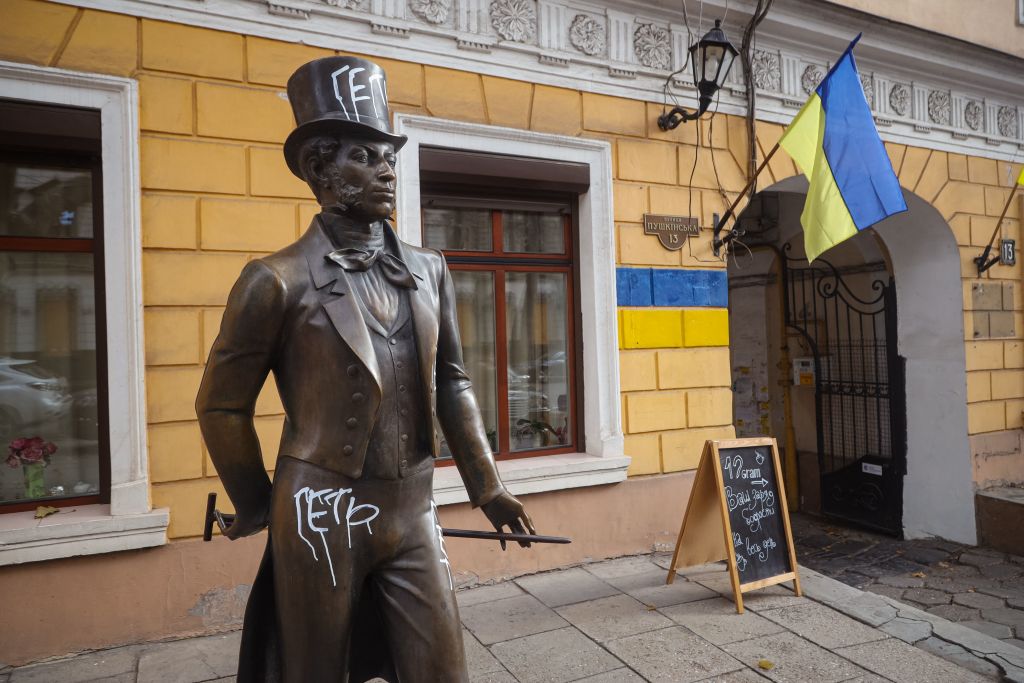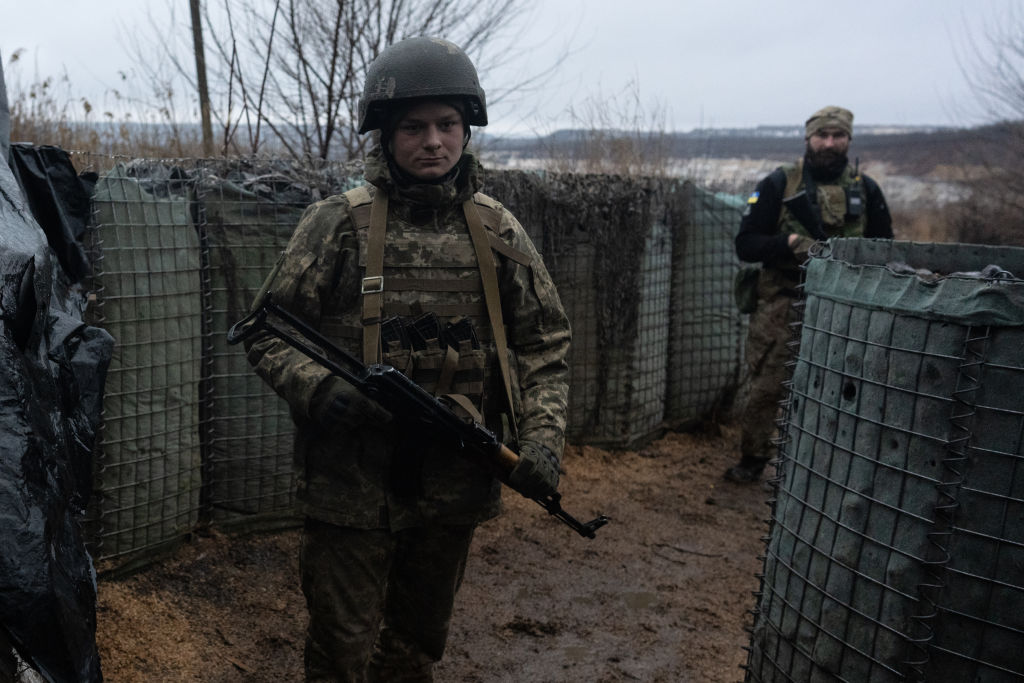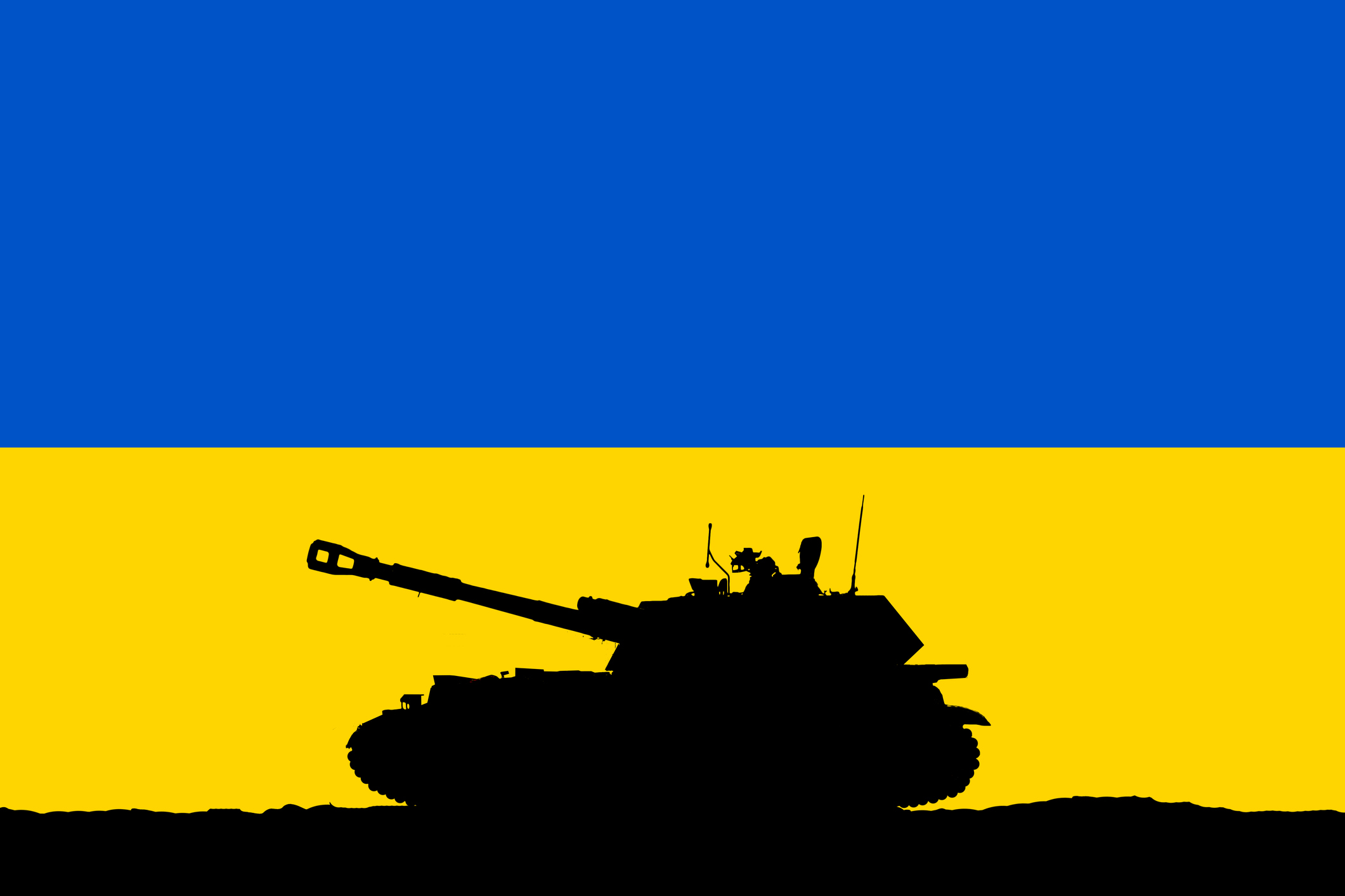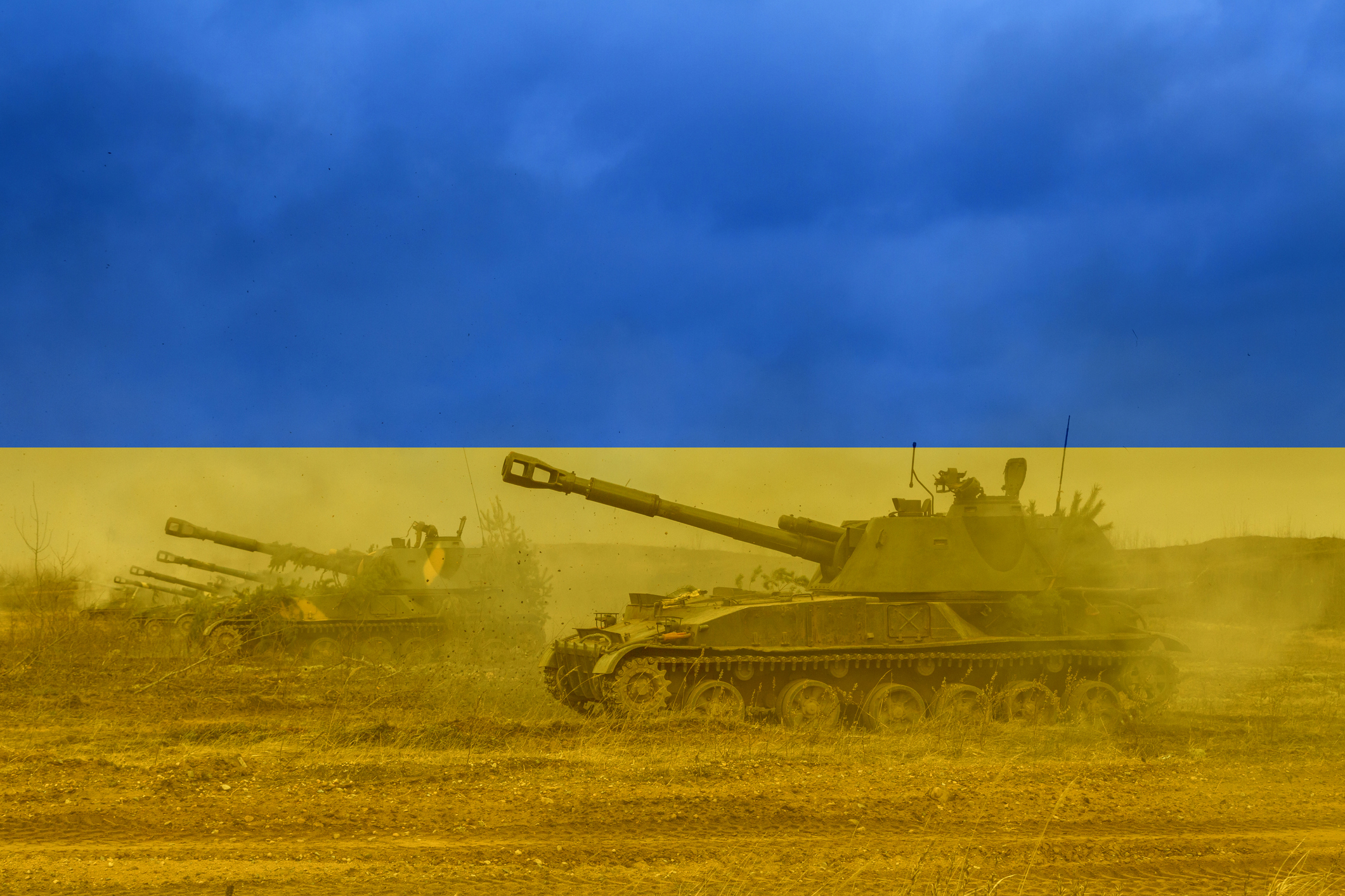War with Russia over its expansionist rumblings would be a disaster.
Canon Fodder

The war in Ukraine is not an excuse for russophobic iconoclasm.
On Saturday morning, Yevgeny Prigozhin, the head of the Wagner Group mercenary army and a close associate of Putin, seized the southwest Russian city of Rostov and directed an armored column to Moscow. The column penetrated Russia’s strategic depth virtually unmolested. Upon reaching the capital’s suburbs, Prigozhin—who initiated the confrontation demanding changes to Russia’s military leadership—halted his march and negotiated a surrender deal which allowed him to take refuge in Belarus.
As the drama was unfolding, American experts confidently asserted that Russia was about to lose to Ukraine and the mutiny would plunge the country into a civil war. If Prigozhin’s dash made it obvious that our Russia experts live in an echo chamber of rosy scenarios, the situation is about to get worse. Slavic Studies departments across the United States are posed to self-destruct.
What Ukrainians couldn’t deliver on the battlefield, they compensated for in the media. By that I don’t mean urban legends like the Ghost of Kyiv or the footage of dancing soldiers, but the steady offensive on American cultural institutions in order to prop up a certain version of Ukrainian identity at the expense of the quest for truth.
On that front, Ukraine scored key victories. For instance, social media influencer and graduate student Oksana Semenik pressed several Western museums to relabel Russian artworks as Ukrainian. Added visibility advances Ukraine’s cause in the eyes of people who couldn’t find the country on the map two years ago. However, given Ukrainian nationalists’ preoccupation with erasing every mention of Russia — notably they urged the American writer Elizabeth Gilbert to withdraw her upcoming novel because it’s set in Siberia — we need to consider the fact that the blue and yellow brigade is neither rational nor acts in our interest.
The derussification of American academia is more concerning than whatever tags are affixed next to paintings at the Met. Months after the Russian invasion began, the Association of Slavic and Eastern European Studies announced its intent to “decolonize” Slavic Departments. By “decolonization” they mean the replacement of Russian literature and Russian studies with that of other Slavic nations, most notably Ukraine.
What’s in it for us, you ask. In a recent widely circulated article, economists Yuriy Gorodnichenko and Tatyana Deryugina, together with the writer Ilona Sologoub, argued that Slavic Studies in the West failed to “provide a clue about Russia and Ukraine” because Russia is overrepresented in literature courses. The authors noted that, because Russian literature comprises 82 percent of the Slavic syllabus in aggregate, and the population of Russia is far less than that as a percentage of the population of Eastern Europe, the overrepresentation of Russian literature led our experts to overestimate the country and underestimate Ukraine. The latter, they explained, was in the underdog position because some experts believed that it would fall to Russia within three days.
The sensational idea that Ukraine, the second largest country in Europe, would fall within three days was tossed in the news coverage initially, but most experts did not take it seriously. On the other hand, did our establishment not assume that Russia would quickly crack under the weight of sanctions or that Prigozhin would upend Russia in a day? Given that Ukraine’s spring offensive is failing, it looks like its eastern neighbor will prevail. It will become more important, not less, and now is no time to disband Russian Studies.
Ukrainian nationalists have fixated on the high status of Russian literature which, they insist, led to a distorted perception of Russian power. But Ukrainians are not downing their many monuments to the Russian poet Alexander Pushkin because Washington might overestimate Moscow’s might. They are chauvinistically destroying the statues because Pushkin is great and because they want to replace him with lower quality literature, which they are attempting to do both at home and abroad. It is a power play modeled to a certain extent on the canon wars of American academia and based on the fallacy that representation creates reality.
The reason we read Chekhov or Dostoevsky has nothing to do with the power of Russian or Ukrainian armor. After all, there is little geopolitical rationale to take interest in Shakespeare and Homer. We read these authors because they are universally important.
Slavic departments, where White (anti-Bolshevik) emigres and dissidents had a commendable presence during the Cold War, and liberal Russians established a stronghold thereafter, are the last holdouts of humanist liberal arts education in the U.S. They offered a curriculum grounded in classics because they remembered that those classics were a source of fortitude in the Soviet era. On the other hand, American identity politics, which ruined so many academic departments, reminded them of the dictates of socialist realism.
America’s conservative educational reformers understand the centrality of great books to our civilization and are looking to restore quality classical education in our classrooms. Slavic Departments could serve as a model of what can be accomplished by dedicated academics. If I am going to fork out a small fortune to get my kid properly credentialed by some college, I might well insist on him not wasting his time on Wokeness Studies. Unfortunately, with international politics likely to supplant free inquiry, we can neither expect to properly train experts nor enjoy the gifts of Slavic civilizations.
Gorodnichenko insists, “we are not going to debate whether Aleksandr Pushkin is better than Lesya Ukrainka or Adam Mickiewicz,” but that’s exactly the kind of question literary scholars should be asking. Their role is to define and preserve the canon. Gorodnichenko, of course, knows that Pushkin is a better writer than Ukrainka and it’s not even close, so he opts for relativism.
Pushkin is rarely taught in undergraduate programs because his poetry has not been satisfactory translated. Still, the founder of the modern Russian language and literature is larger than his contribution to Russian culture alone. He is universally important for his role in development of the realist novel—and nothing of this sort can be said of any Ukrainian writer.
Russian high culture is westernized and heterogenous. Undeniable racial prejudice aside, if Pushkin, a man of African descent, founded its modern literature, anyone can participate in Russian arts. Naturally, many ethnic Ukrainians did, like Nikolai Gogol, Vladimir Mayakovsky, or, to name a lesser figure, the late co-founder of the National Bolshevik Party Eduard Limonov. Media company Kyiv Independent went as far as to claim that Russia “stole” those writers from Ukraine. Russia, of course, didn’t kidnap any cultural figures; it seduced them with depth and dynamism of its artistic scene. They are properly considered Russian writers.
More odious are Ukrainian claims on authors who were not ethnic Ukrainians but lived on the territory of contemporary Ukraine. Gorodnichenko describes the early twentieth century writer Isaac Babel as “a Jewish author from Odesa” [sic]. Babel was, of course, very Jewish and a quintessential Odessan. His breathtaking Odessa Stories make it very clear what kind of city it was: cosmopolitan, majority Russian, with a large and vivacious Jewish minority. Rarely do the ethnic Ukrainians figure in, and not in a positive light.
It’s not just that Babel wrote in Russian—he literally died to be a Russian writer. In the early thirties he joined his wife in Paris and could have stayed there a free man. Nonetheless he returned to the USSR, where he was arrested on trumped up charges and executed in 1939. To posthumously make him into a Ukrainian is a stab at the legacy of this tragic writer.
Once the war is over, Ukraine will have a chance to reevaluate its national identity. The country is well-advised to moderate their goals in cultural rivalry with Russia and focus on practical matters of nation building. Passions of Ukrainian nationalists notwithstanding, the U.S. has little interest in overhyping their national pride in our institutions.
Slavic Departments are the last refuges of truth and beauty in the American academy. To subordinate the art and the artist to a political agenda — and for that to come from the people who should know better — would be a betrayal. We don’t need affirmative action for Ukrainian literature. We don’t need jealous relativism. We need true expertise, education that merits its price tag, and a tradition worth treasuring.
The American Mind presents a range of perspectives. Views are writers’ own and do not necessarily represent those of The Claremont Institute.
The American Mind is a publication of the Claremont Institute, a non-profit 501(c)(3) organization, dedicated to restoring the principles of the American Founding to their rightful, preeminent authority in our national life. Interested in supporting our work? Gifts to the Claremont Institute are tax-deductible.
We must reclaim our tech and our humanity from what our failing rulers wrought.
The drumbeat for war pounds on with virtually no official opposition.



